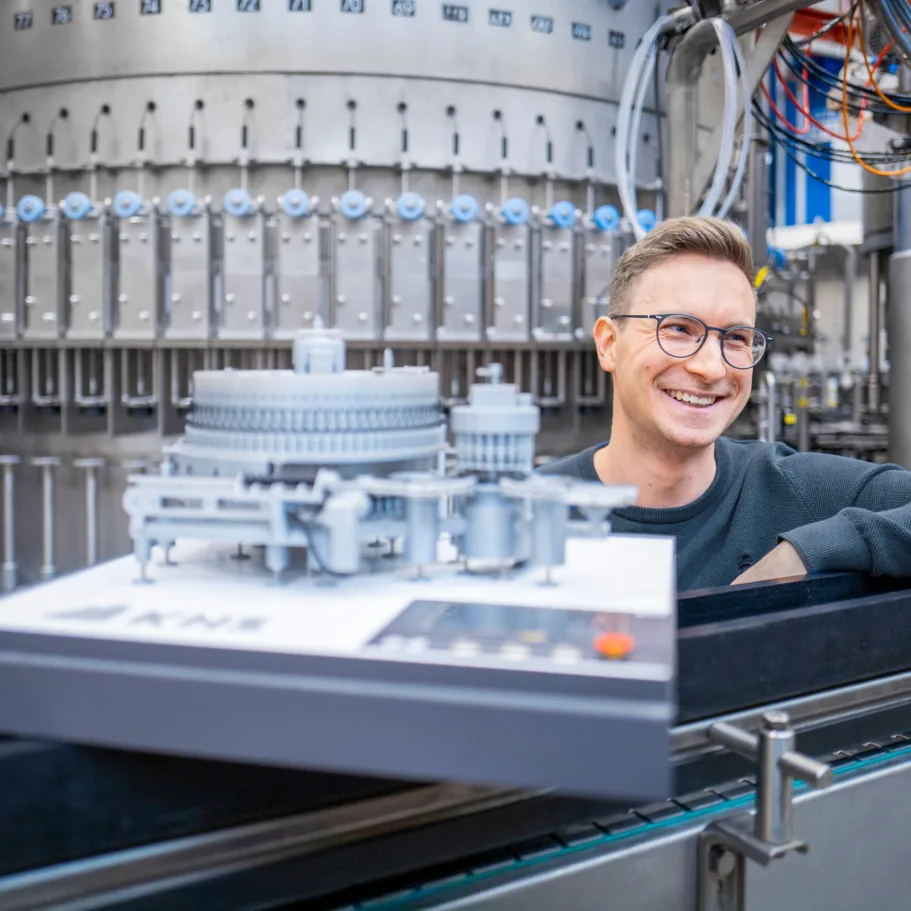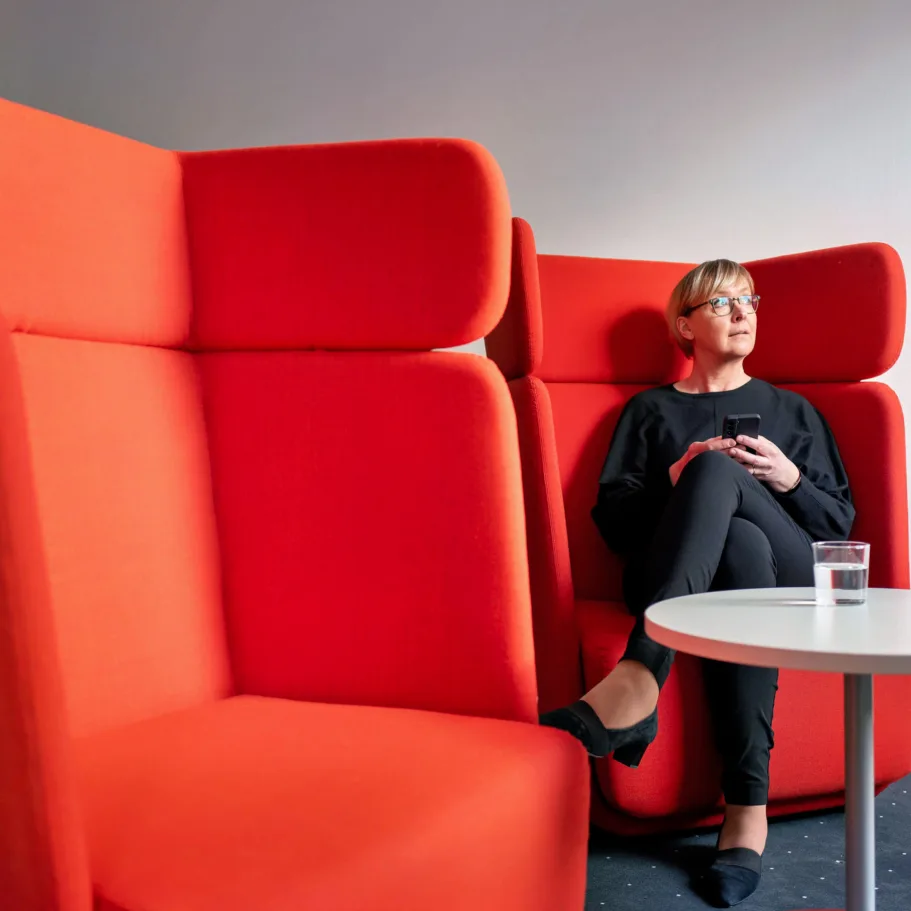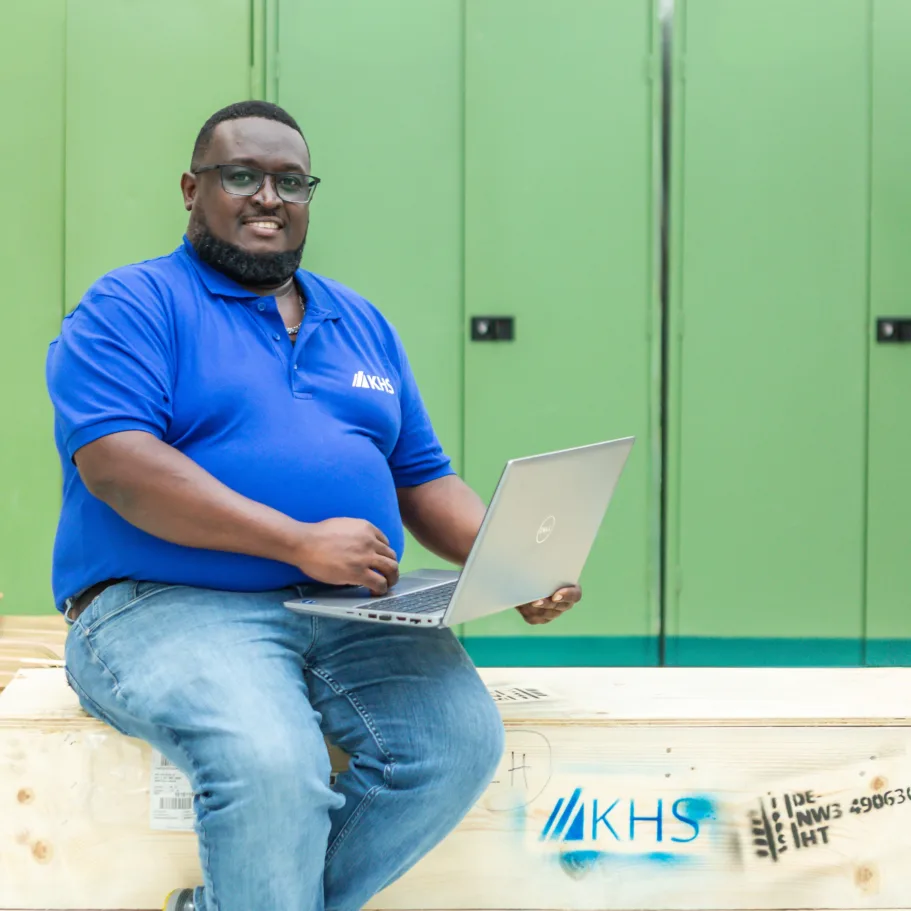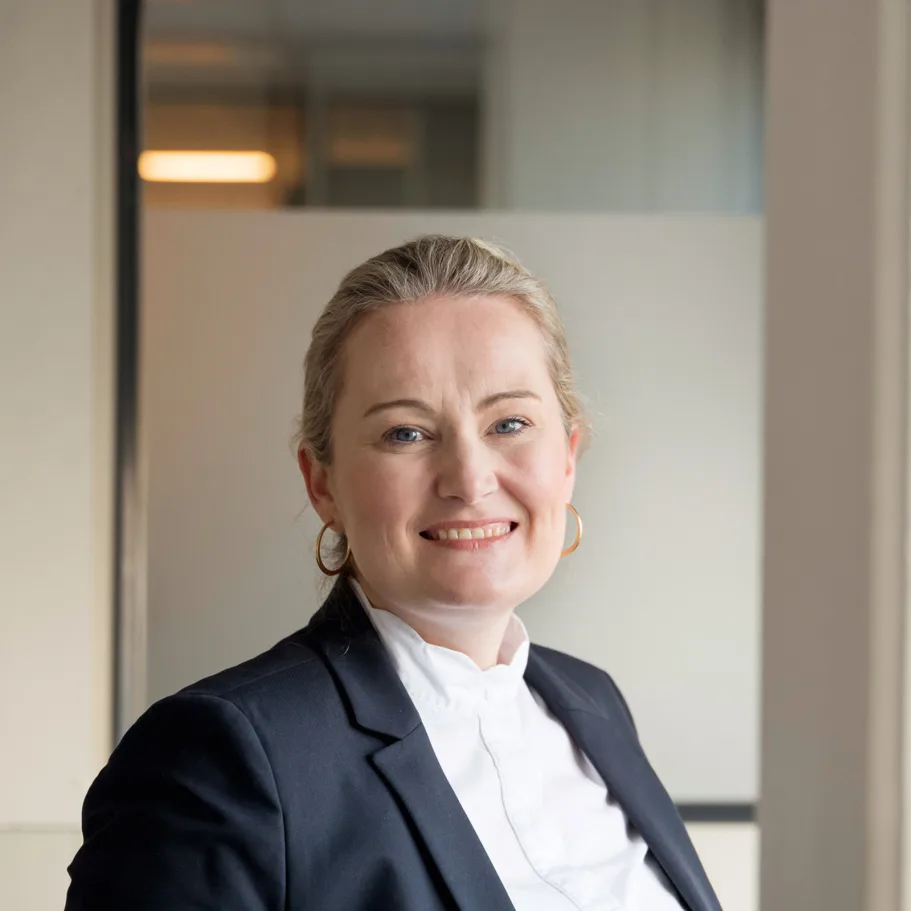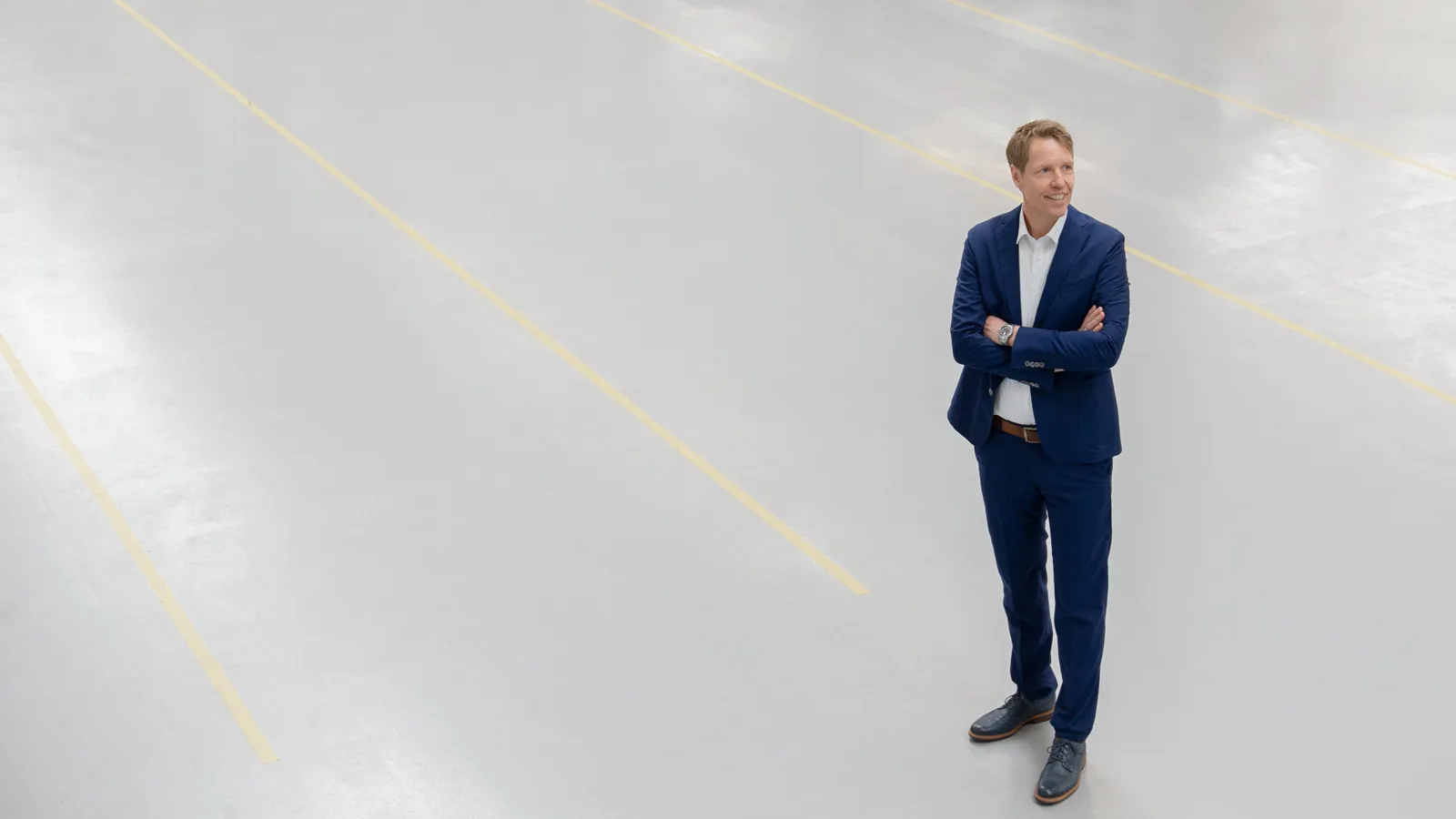
Close to home
Peter Brücker, the new head of the KHS Packaging Technology Product Center in Kleve, has seen a lot of the world during his working life. However, he only really feels at home in his native village on the Lower Rhine, just a stone’s throw from his place of work.
In the spring of 2019 Peter Brücker was head of Development for KHS in Kleve – in what was to become the shortest term of office in this position ever. After just two months KHS again offered him the chance to further his career: as head of the KHS Packaging Technology Product Center he follows in the footsteps of Christopher Stuhlmann who has taken on a new role at KHS in Dortmund. Within just a few weeks Brücker was able to climb not one but two rungs on the KHS career ladder, up which he has steadily worked his way since 2001.
Looking at the course of Brücker’s life to date, it almost seems as if his path has been mapped out for him. In Wissel, a little village very close to Kleve, his parents ran a small business dealing in agricultural machines. Young Peter literally grew up in the shadow of packaging machine manufacturers MSK and Kisters.
After training as an electrician he studied automation technology in Krefeld. Back in his home village he joined MSK as a software developer in electrical design. He developed programs for packaging machines which he himself commissioned all over the world. His next job was with a smaller business specialized in control technology for the plastics industry. “My responsibilities ranged from the first project meeting to implementation at the customer’s site,” Brücker remembers. This again involved a lot of traveling, taking him from Mexico to Korea and China.
»I’m proud of the fact that we’re actively helping to make the packaging industry more sustainable.«
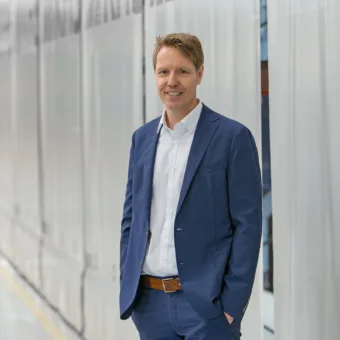
Peter Brücker, Head of the KHS Packaging Technology Product Center in Kleve
Job with the world market leader
Peter Brücker married in 1999. He spent the next two years building a home; the first of his two sons was born and the family settled down, as he puts it. He started looking for a job which better suited his new situation and would allow him to concentrate on a single topic instead of working in several different fields at once. He applied for a position with Kisters, a company whose image as world market leader had impressed him for some time. In 2001 he continued his career as a software developer here before Kisters joined the KHS Group in 2003.
A little later, at the age of just 37, Brücker began to doubt whether he could keep up with the next generation of young programmers in the long term. He went back to college and completed a course of training as a technical business economist to prepare himself for future managerial tasks. This was a wise decision: he was quickly made head of the Mechanical Design Engineering Department where he spent the next nine years introducing and promoting automation processes in order production.
Now 49, when we ask him what he wanted to be when he was a boy, he immediately says “a professional soccer player for Borussia Mönchengladbach.” Only after finishing his diploma at the age of 26 did Brücker give up his great passion for soccer.
He still does plenty of sports, however: several times a week he goes for a long run or does some indoor biking. Brücker is also a big mountain bike fan, a hobby whose appeal is rather limited in the flatlands where he lives. He thus sometimes takes himself off to the more hilly terrain of the Sauerland – and an annual skiing vacation in the Alps is an absolute must for all the family.
About the person: Peter Brücker
After studying automation technology the 49-year-old held several posts as an SLS software developer before joining KHS in Kleve in 2001. After retraining as a technical business economist he was made head of the department before becoming head of Development in 2019 and just two months later head of the production plant.
Close to home on the Lower Rhine
Brücker is deeply rooted in the Lower Rhine region and the city of Kleve. “Except for business trips and a short period during my studies I’ve never left the area,” he explains, describing what the people in his local region are like. “The folks here are open-minded and friendly. We have a great sense of community in my village and you can easily strike up a conversation with anyone here.” One of the particularly pleasant aspects of his native abode is that it’s only a short distance from home to work. “I never need longer than quarter of hour to return home. Even if I have to stay at work a little longer in the evenings, I can still join the family at the table. This is an advantage over the commuters who have to travel many kilometers every day.”
This gives him a good lead. “My first appointments of the day are at 8 am. It’s often 5 pm before I can really get down to work,” says the head of the production plant, outlining his daily routine. “The amount of responsibility I have has increased; I have to incorporate this into my working day and structure my work so that I can reduce my hours somewhat in the future.” Brücker also wants to set an example to his employees when it comes to his work/life balance. Furthermore, regarding his personnel he finds it important to create a sense of trust and a good working atmosphere, to allow colleagues to work independently and to qualify and encourage them.
Challenging debate
One of the challenges he and his workforce will have to master together in the future is the current debate on packaging which also directly affects the Kleve factory. “As a trusted partner to our customers we play an important role in helping the packaging industry become more sustainable. I’m very proud of the fact that we can actively contribute to this development although there are often no easy answers on this issue.”
His awareness of the climate change has also prompted Brücker to change his behavior outside work. “We use cloth bags for our shopping instead of plastic or paper ones. And I personally stay well clear of products packed in two layers of plastic film and then wrapped in additional packaging for transport.”
It’s these small adjustments which bring about big changes. Where these will lead us, Brücker can’t yet say with any certainty. However, he’s determined to play his part and do all he can to ensure that the plant in Kleve will take on a central role with its core products in the future, too.
